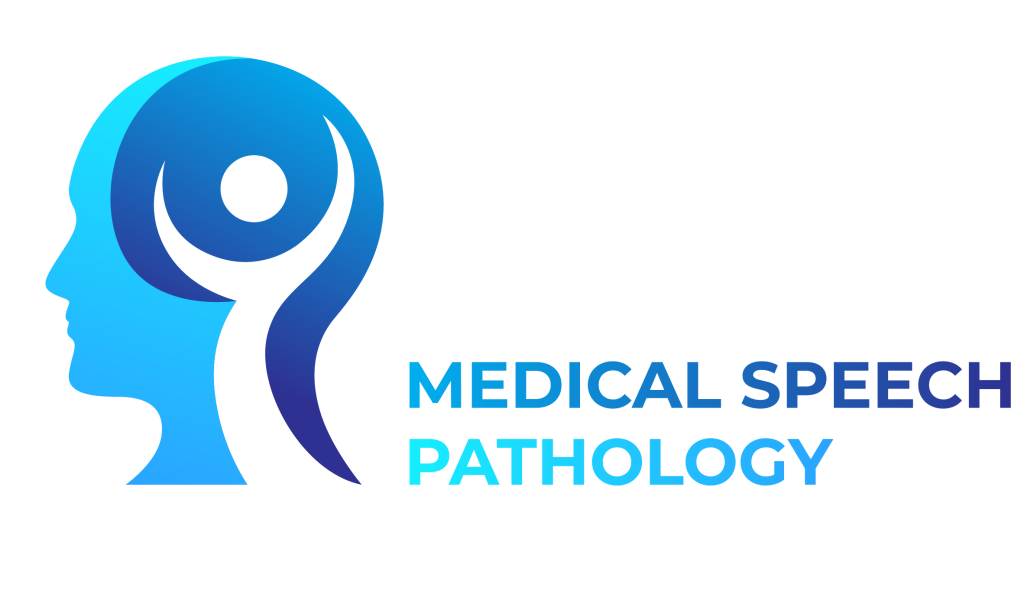In today’s shifting healthcare landscape, mobile home-visiting services are changing the way Speech Pathology support is provided to adults in Australia. Traditional “bricks and mortar” clinic-based services often present logistical challenges for older individuals with complex medical conditions requiring intervention for their communication and swallowing. This post outlines the benefits of mobile Speech Pathology services in bringing much-needed care directly to a person’s doorstep.
Improved access to services
Traditional clinic-based services may not adequately address the needs of adults with complex medical conditions that affect communication and swallowing. For many people, especially in rural, regional and remote areas, the logistics involved in travelling to a clinic may create a barrier to them accessing services. This is particularly the case for those with multiple comorbidities, who may require significant support to manage their conditions effectively (such as physical assistance, medications etc) and they may be limited in the amount of time they are able to engage in an activity. For some people, just the effort of getting ready and travelling to their appointment can leave them fatigued before they have even started their session. Mobility challenges, mental health complexities, transportation barriers, availability of caregivers/support staff and many other factors affecting a person’s ability to travel for in-clinic appointments can be overcome by mobile appointments.
Tailored support in the comfort of home
The convenience of home visits not only saves time and energy but also ensures that people receive interventions in an environment which best represents their daily functioning (and challenges). Therapy sessions conducted in familiar environments, such as the home, promote comfort and engagement, and can lead to more effective interventions. It allows clinicians to draw on the person’s real environment and current daily habits to provide personalized interventions tailored to the individual’s unique needs and circumstances. Therapists can assess the home environment, identify potential communication or swallowing barriers, and tailor interventions accordingly. This level of customization is often not feasible in traditional clinic settings, where the clinician may not have access to pertinent information about the home environment, resources and daily routines (eg. if the client is unable to identify or communicate these to the clinician).
Potential for a range functional environments
Within mobile services, Speech Pathologists are not limited to strictly the home environment. Clinicians may conduct a session at the individual’s location of choice – this may include their workplace, their local community group or the shopping centre – all depending on the personal’s individual goals. This allows incredibly functional sessions to take place, which revolve around the person’s unique goals and circumstances, to work on real-life, which also enhances engagement and generalisation.
Empowering individuals and caregivers
By bringing therapy into the home, mobile Speech Pathology services empower both individuals and their caregivers to actively participate in the intervention process. Caregivers gain valuable insights into therapy techniques and strategies, enabling them to provide ongoing support between sessions. This collaborative approach fosters greater buy-in and enhances the overall effectiveness of the intervention.
Cost-effective and sustainable solutions
Mobile Speech Pathology services offer a cost-effective alternative to traditional clinic-based care, particularly for individuals who require frequent or long-term interventions. By maximizing therapist efficiency and involving other caregivers in interventions, mobile services help optimize healthcare resources and reduce the burden on the healthcare system. Additionally, by providing interventions in the home environment, therapists can address potential barriers to functional communication and swallowing more effectively, ultimately leading to better long-term outcomes.
In conclusion, the rise of mobile Speech Pathology services in Australia represents a significant advancement in healthcare delivery, particularly for adults with multiple medical comorbidities. By offering convenience, flexibility, and personalized interventions, these services are revolutionizing access to essential therapies and improving the quality of life for individuals with communication and swallowing disorders. This shift towards mobile services reflects a broader understanding of accessibility and flexibility in healthcare delivery.




